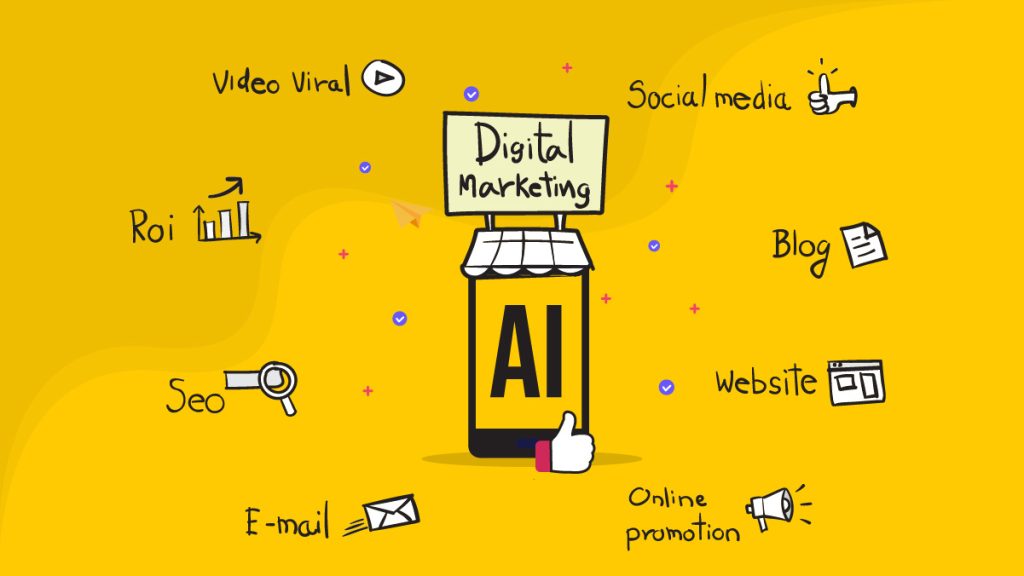Boost or Bust: Top 5 AI Tools Shaping Digital Marketing Success
In the dynamic world of digital marketing, leveraging the right tools can make or break your strategy. Artificial Intelligence (AI) is increasingly becoming the cornerstone of successful marketing campaigns, offering unprecedented capabilities in data analysis, customer engagement, and content creation. But not all AI tools are created equal—some can propel your business forward, while others may fall short of expectations. Let’s delve into the top five AI tools that are currently shaping digital marketing, examining their strengths and potential pitfalls.
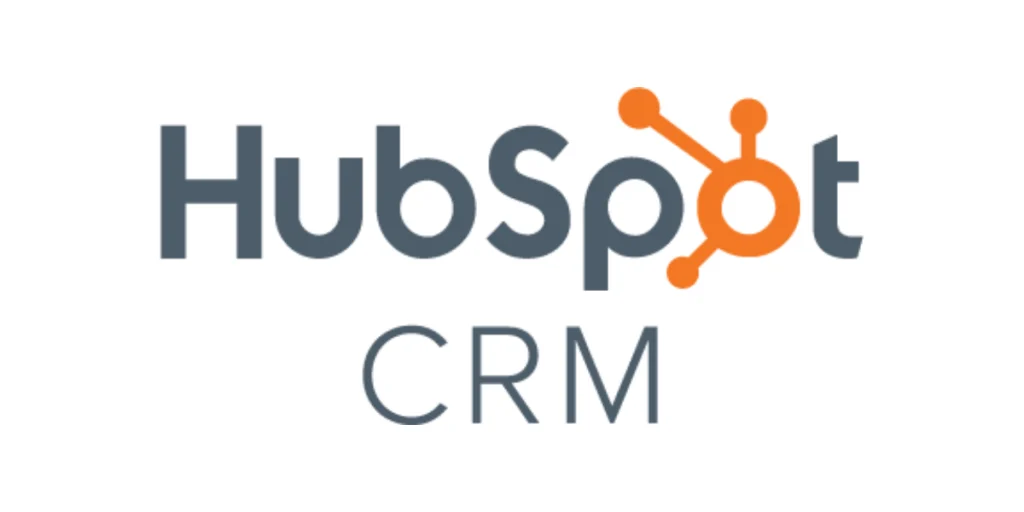
1. HubSpot CRM: The Marketer’s Best Friend
Why It’s a Boost: HubSpot CRM is a powerhouse in the digital marketing toolkit, offering a suite of AI-driven tools designed to streamline customer relationship management. Its capabilities include automated email marketing, smart lead scoring, and predictive analytics, making it a comprehensive solution for businesses looking to enhance their marketing efforts. The platform’s user-friendly interface and extensive integration options make it accessible even for those who are not tech-savvy.
With HubSpot, marketers can automate repetitive tasks, personalize communication at scale, and gain valuable insights into customer behavior. This means more time to focus on strategy and creative endeavors rather than getting bogged down in the minutiae of campaign management.
Potential Bust: Despite its robust features, HubSpot can be overwhelming for beginners. The extensive array of tools and functionalities requires a steep learning curve. Additionally, the cost can be prohibitive for small businesses or startups, especially when accessing premium features. It’s crucial to assess whether the investment aligns with your business needs and budget.
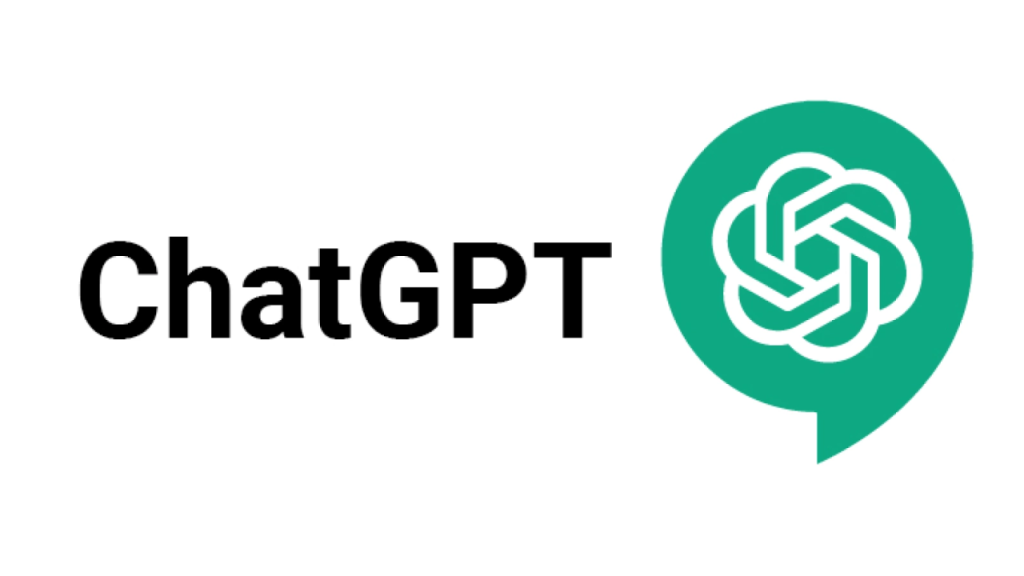
2. ChatGPT: Your Creative Copy Companion
Why It’s a Boost: Developed by OpenAI, ChatGPT has become a go-to tool for content creators and marketers alike. It’s designed to generate human-like text, making it ideal for writing blogs, social media posts, and email campaigns. The tool’s ability to understand context and generate diverse content styles is impressive, saving marketers time and effort in drafting copy.
For businesses that need a constant flow of fresh content, ChatGPT can serve as a reliable assistant. It can help brainstorm ideas, refine drafts, and even simulate conversations, making it a versatile tool in any digital marketing arsenal.
Potential Bust: However, while ChatGPT is excellent at generating text, it sometimes produces generic or off-brand content that requires careful editing. Its outputs are based on the data it has been trained on, which may not always align with your brand’s voice or messaging. Marketers need to use ChatGPT as a starting point and not as a replacement for human creativity and strategic thinking.
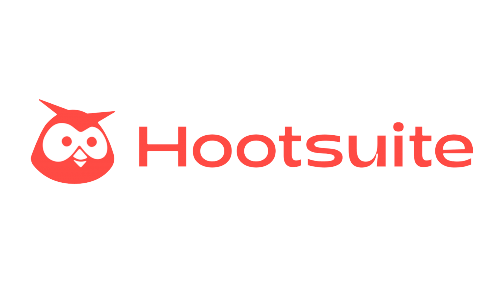
3. Hootsuite Insights: The Social Media Oracle
Why It’s a Boost: Social media has become a critical component of digital marketing strategies, and Hootsuite Insights, powered by Brandwatch, provides the tools needed to stay on top of social trends. This AI-driven platform offers powerful social listening and analytics capabilities, allowing marketers to track brand sentiment, monitor competitor activity, and identify emerging trends across multiple social media channels.
By leveraging these insights, businesses can craft more effective social media strategies, engage with their audience in meaningful ways, and respond to issues before they escalate. The tool also provides detailed analytics that help in measuring the impact of social media campaigns, ensuring that your efforts are aligned with your business objectives.
Potential Bust: Despite its powerful features, Hootsuite Insights has a steep learning curve, particularly for users who are new to social listening tools. The platform’s advanced analytics may be overwhelming, and understanding how to extract actionable insights can be challenging. Moreover, the cost of the premium version may be a barrier for smaller businesses or those with limited marketing budgets.
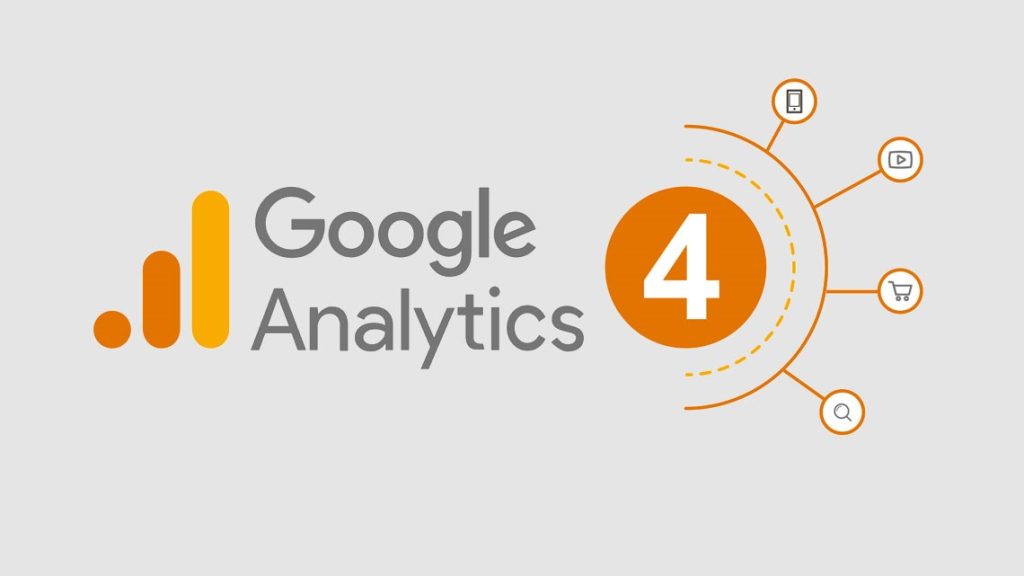
4. Google Analytics 4: The Data Dynamo
Why It’s a Boost: Google Analytics 4 (GA4) is the latest iteration of Google’s popular analytics platform, incorporating AI to provide deeper insights into user behavior and marketing performance. GA4’s predictive metrics and automated insights enable marketers to anticipate user actions, optimize campaigns, and make data-driven decisions more effectively than ever before.
The platform’s enhanced focus on user privacy, cross-platform tracking, and machine learning models makes it a vital tool for modern marketers. With GA4, businesses can track complex customer journeys, gain a holistic view of user interactions across devices, and uncover hidden opportunities for growth.
Potential Bust: Transitioning to GA4 from the previous version of Google Analytics can be a daunting task. The new interface and functionalities are markedly different, requiring users to relearn many aspects of the tool. Additionally, the shift towards event-based tracking might be confusing for those accustomed to traditional session-based models, making the learning curve quite steep.
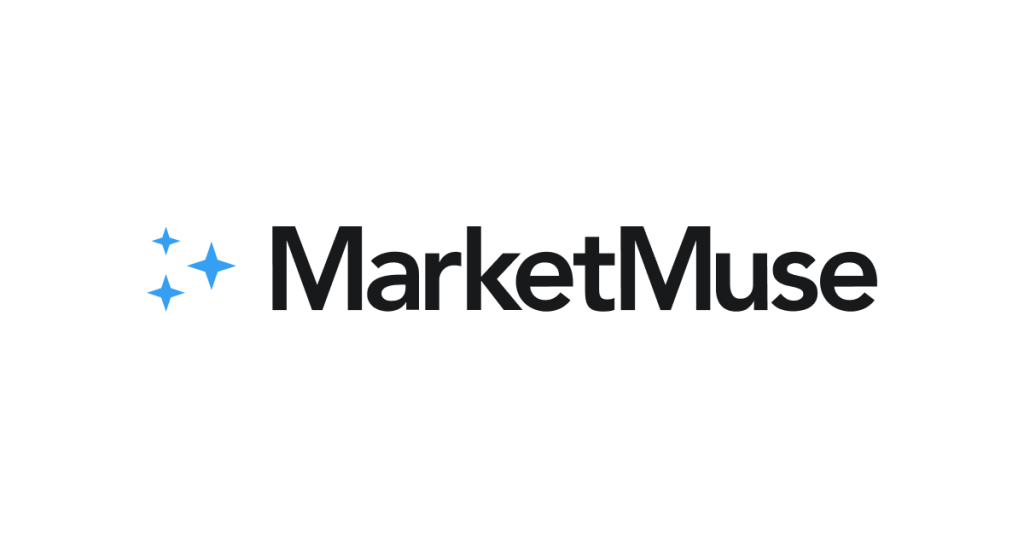
5. MarketMuse: The SEO Sorcerer
Why It’s a Boost: SEO is a cornerstone of digital marketing, and MarketMuse is a powerful AI tool that takes content optimization to the next level. By analyzing existing content and suggesting improvements, it helps businesses identify content gaps, optimize for search intent, and improve their rankings on search engines. MarketMuse’s ability to provide detailed topic models and competitive insights makes it a must-have for content marketers looking to stay ahead of the curve.
The tool’s AI-driven approach to content strategy ensures that marketers can produce high-quality, authoritative content that resonates with both search engines and audiences. It’s particularly useful for businesses that rely heavily on content marketing and need to maintain a consistent publishing schedule.
Potential Bust: MarketMuse’s premium features come with a hefty price tag, making it less accessible for small businesses or individual marketers. Additionally, while the tool provides valuable insights, it still requires a skilled marketer to implement the recommendations effectively. Relying solely on AI suggestions without a strategic approach can lead to suboptimal results.

Final Thoughts
AI tools are transforming digital marketing, offering unprecedented capabilities in automation, data analysis, and content creation. However, these tools are not a one-size-fits-all solution. Each comes with its own set of strengths and limitations, and their effectiveness largely depends on how well they are integrated into your overall marketing strategy. Whether they turn out to be a boost or a bust for your business hinges on choosing the right tool for your specific needs and being mindful of the potential challenges each tool may present.
By carefully evaluating these AI tools and leveraging their strengths, you can elevate your digital marketing efforts, stay ahead of the competition, and drive meaningful results. But remember, the best marketing strategies still require a human touch—AI is here to enhance your efforts, not replace them.

